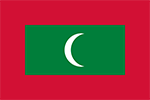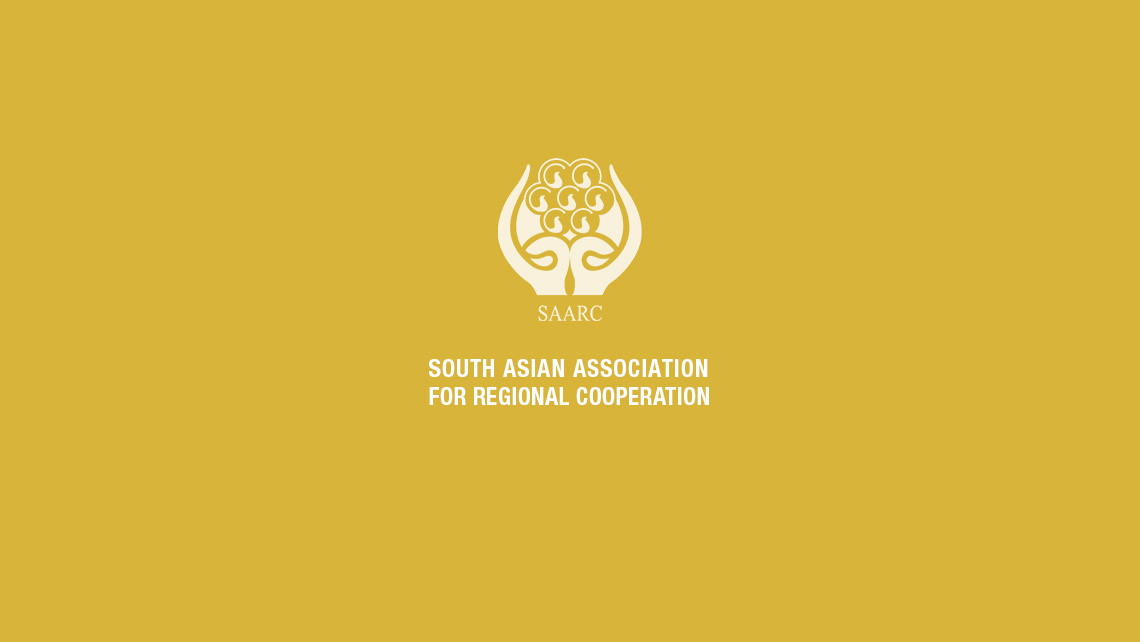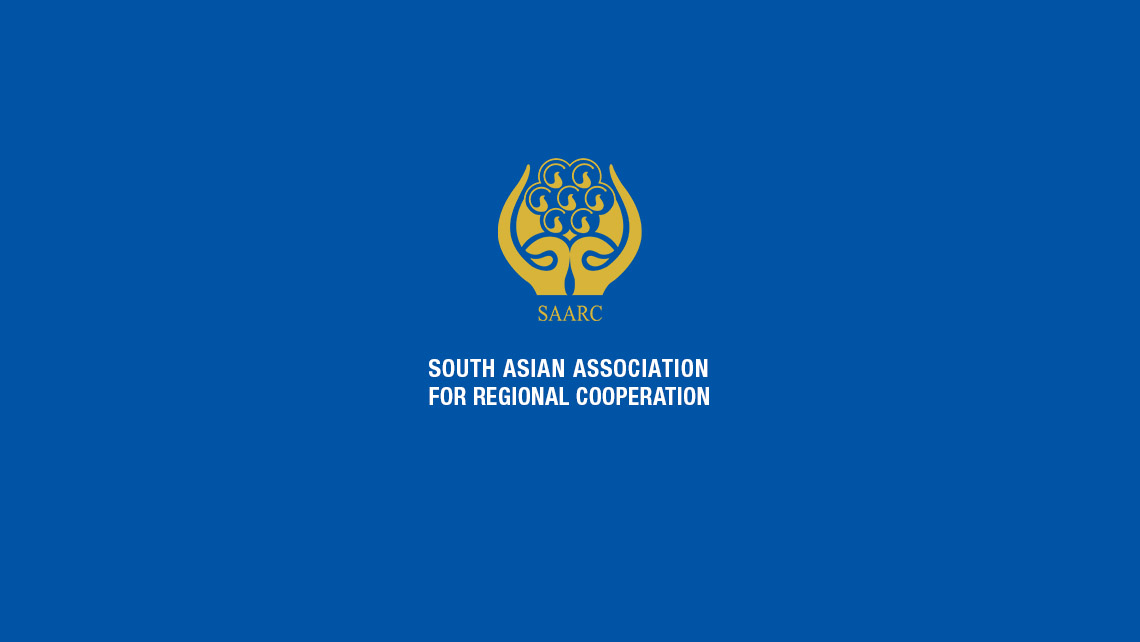H. E. Mr. Amjad Hussain B. Sial, Secretary General of SAARC, addressed the Opening Ceremony of the Asian Youth Assembly-2018 this morning. The Assembly was devoted to the theme, “Revitalizing Asian Youth Integration for Climate Change in the era of SDGs.”
Organized by the Global Youth Parliament in cordination with the Youth Parliament of Nepal, the Assembly brought together a large number of young participants from Asia to discuss the role of youth in creating awareness about and averting the adverse impacts of Climate Change.
In his Address, the Secretary General congratulated the organizers for choosing an apt theme for the Assembly. He said, “The relevance of the theme of this meeting stems from the fact that the challenges of Climate Change and Sustainable Development are interlinked that must be addressed concomitantly to deliver a stable and secure world to our future generations. There is, therefore, urgent need to effectively address the Climate Change issues to accelerate progress towards the attainment of the Sustainable Development Goals.”
“Youth constitute a growing proportion of the world’s population, with a majority of them living in Asia. The South Asian region as well is experiencing increase in the proportion of youth in the total population. This creates a potential window of opportunity for the youth to shape the destiny of our region for the betterment of our future generations,” he stated. He briefed the Assembly about the initiatives taken by SAARC towards the overall development of youth in the region, with particular reference to the SAARC Social Charter, SAARC Youth Charter and SAARC Youth Awards Scheme.
“Climate Change has emerged as a global threat, posing a serious risk to the fundamental rights to life, health, food and an adequate standard of living of individuals and communities across the world, including the South Asian region. Frequent earthquakes, cyclones, floods, droughts, tsunamis, landslides, and heat and cold waves have been impinging lives, property, and livelihoods across the region. Global warming and rising sea levels are other existential threats to the humanity,” he said. He informed the gathering about the activities undertaken by SAARC in preserving and protecting the environment and making South Asia resilient to Climate Change and disaster risks.
In concluding his remarks, the Secretary General said, “I wish to call upon the youth of today, who are our future, to act as an “Agent of Change” in creating a safer and better world to live in. I say this not only because you are the ones who are to inhabit the Earth tomorrow. I say this also because you inherit the responsibility to protect your own habitat.”
Kathmandu, 11 August 2018










